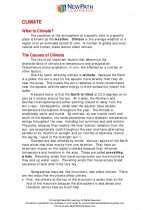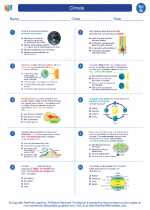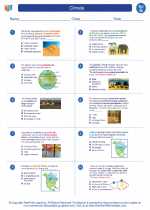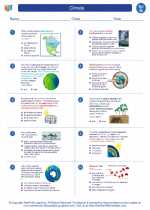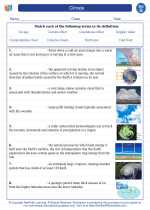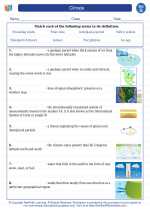Hurricanes
A hurricane is a type of tropical cyclone, which is a rotating, organized system of clouds and thunderstorms that originates over warm ocean waters and has the potential to cause great damage due to high winds, heavy rain, and storm surges. Hurricanes are known by different names around the world, such as typhoons in the western Pacific and cyclones in the Indian Ocean.
Formation of Hurricanes
Hurricanes form over warm ocean waters near the equator. The warm, moist air over the ocean rises and creates an area of low pressure beneath it. As more air is drawn into this area, it begins to rotate, forming a tropical depression. If the conditions remain favorable, the storm can further intensify into a tropical storm and eventually a hurricane.
Structure of Hurricanes
A hurricane is characterized by a central "eye" of low pressure surrounded by a rotating band of clouds and thunderstorms. The eye is typically calm and clear, with the strongest winds and heaviest rainfall occurring in the surrounding eyewall. The size and intensity of a hurricane can vary greatly, with the most powerful hurricanes reaching wind speeds of over 150 miles per hour.
Effects of Hurricanes
Hurricanes can have devastating effects on coastal areas and inland regions. The strong winds can cause widespread damage to buildings, infrastructure, and agriculture, while the heavy rainfall can lead to flooding and mudslides. Storm surges, which are large, abnormal rises of water generated by a storm's winds, can inundate coastal areas, causing further destruction and loss of life.
Study Guide
- What are the key characteristics of a hurricane?
- How do hurricanes form?
- What factors contribute to the intensity of a hurricane?
- What are the primary effects of hurricanes on coastal and inland areas?
- How are hurricanes named and categorized?
- What measures can be taken to prepare for and mitigate the impact of hurricanes?
